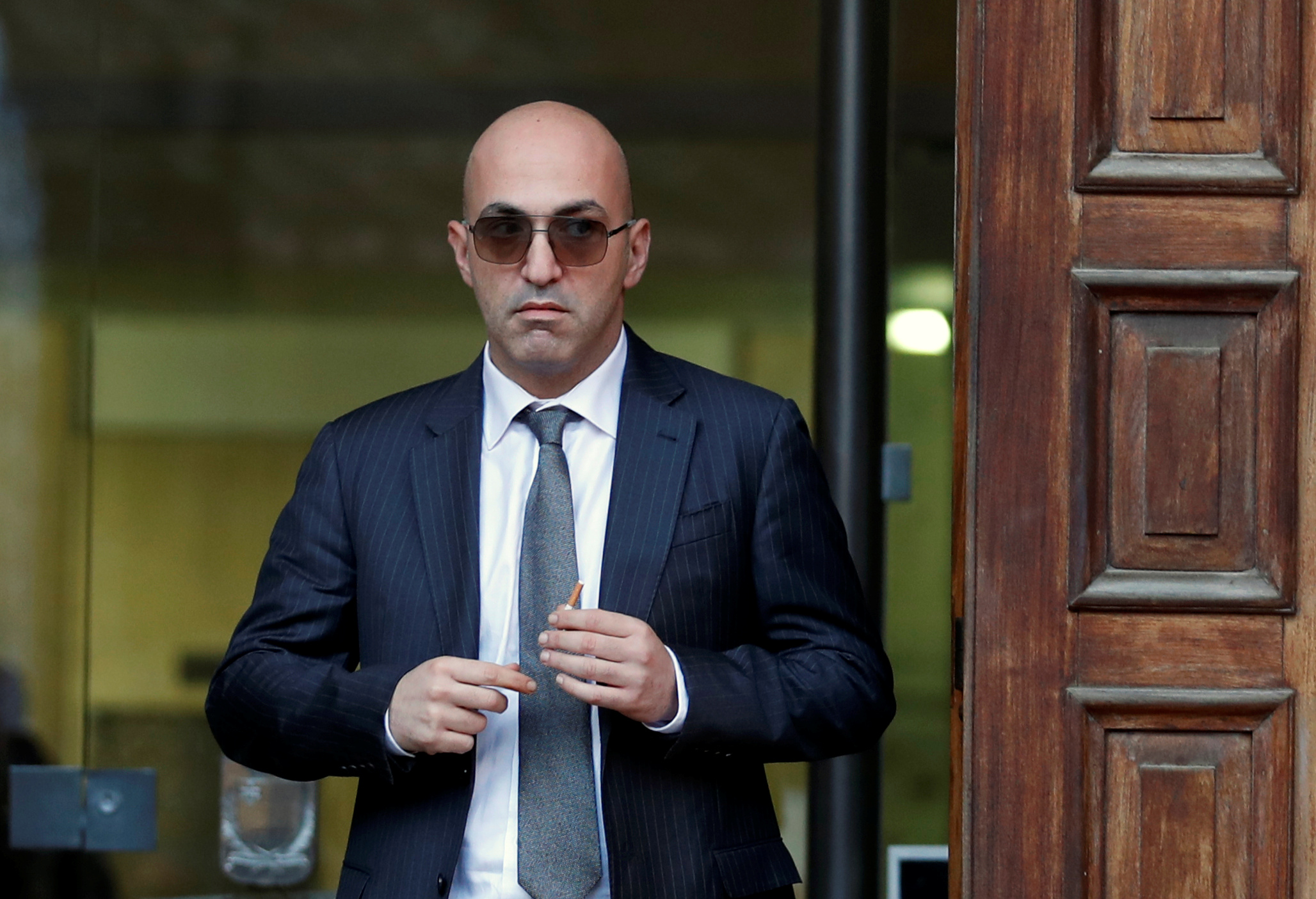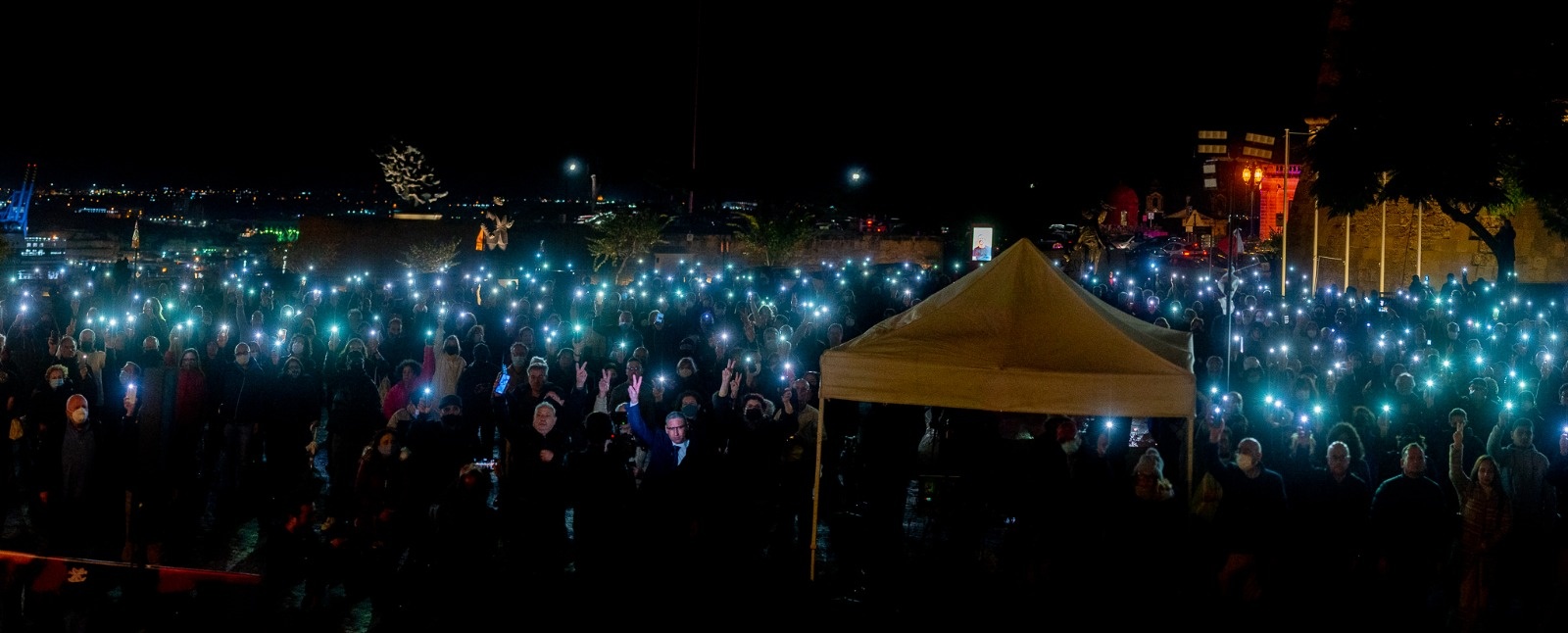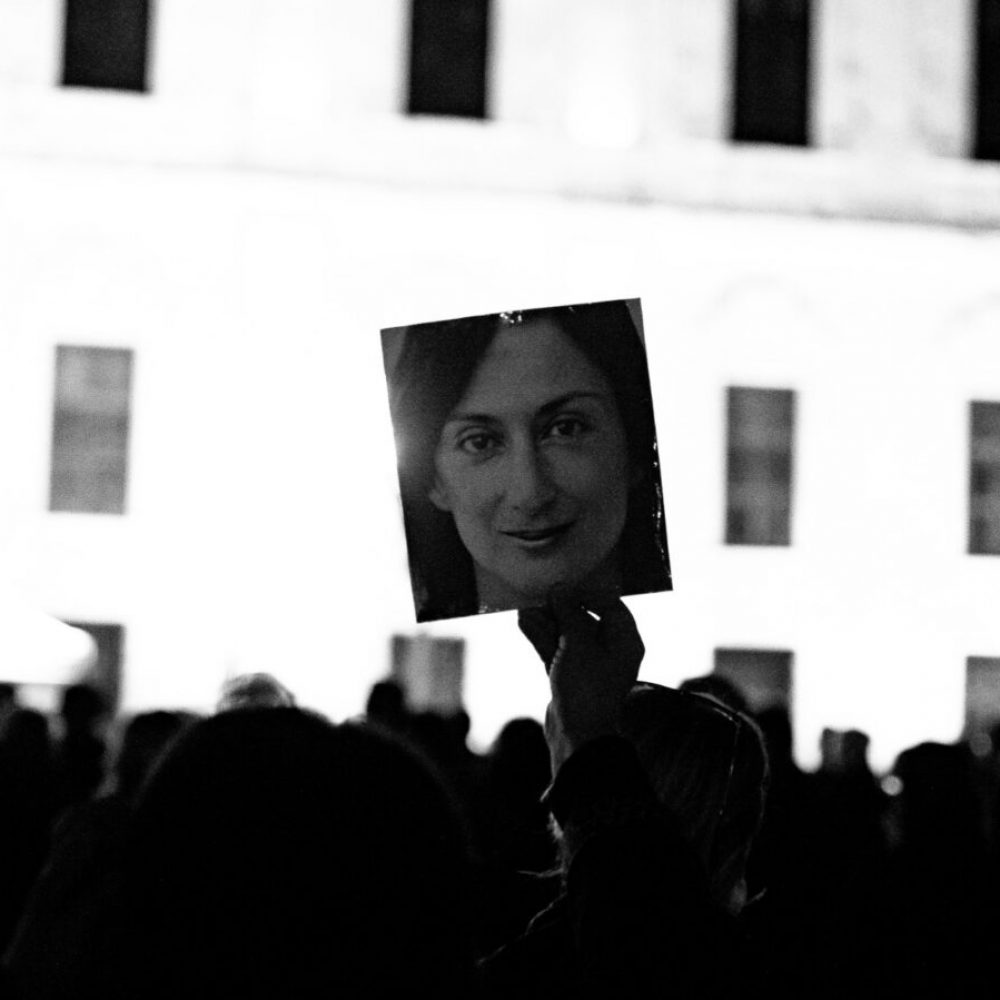Four years after the murder of journalist Daphne Caruana Galizia that shocked Europe, court proceedings remain bogged down in an inefficient justice system which is being deliberately exploited by the accused.
So far, seven men have been accused of or have admitted to being implicated in the assassination. Over the last year, one of them has pleaded guilty and has been sentenced. He had a reduced sentence in exchange for testifying against his associates who have been indicted. The middleman has also been given a presidential pardon to reveal all.
Yet so far, no trials have started. Cases have been plagued by sloppy investigative procedures, judicial delays and endless legal wrangling by defence lawyers that continue to search for a technicality on which to hook some sort of dismissal — a common occurrence in a justice system plagued by both deliberate and accidental incompetence.
Accused hitmen Alfred and George Degiorgio have filed over 100 pre-trial pleas since the compilation of evidence against them began. Only one plea was accepted, removing references made by lead prosecutor Superintendent Keith Arnaud to George Degiorgio in connection with the information obtained through phone intercepts.
The wiretaps on Degiorgio’s phone were recently declared illegal because the warrant that authorised them had expired some eight months before Caruana Galizia was killed. The accused hitman was awarded €10,000 for a breach of his rights, and a pre-trial plea to have the phone tapping information removed from the records was upheld by the Court of Criminal Appeal.
The prosecution of George Degiorgio rests on the fact that he was intercepted using his own mobile phone to request a top-up voucher for the burner phone that sent the detonation signal to the bomb that killed Caruana Galizia. This placed him at the exact time and location from which the fatal message was sent, but thanks to sloppy police work, it may no longer be admissible in court.
Defence lawyers are now arguing that investigators linked Degiorgio’s number to the number of the phone used in the crime through phone tapping — information that could only have been obtained from the illegal Security Service wiretaps.
Will the otherwise clear-cut case against him collapse thanks to the failure of police to obtain the proper warrant?
Meanwhile, the President of Malta has been roped in as lawyers for the accused mastermind of the murder and those of the middleman granted a pardon to reveal all point their fingers at one another, each laying the blame on the other’s doorstep.
Justice in Malta doesn’t just fall victim to botched police procedures, whether deliberate or accidental.
The credibility of the courts has been repeatedly damaged by alarming and sometimes contradictory judgements from a politicised judiciary, put in place on decisions of the prime minister.
In the most flagrant abuse of power, a judge appointed by former prime minister Joseph Muscat blocked a magisterial inquiry into top politicians exposed by the Panama Papers scandal. Another Muscat appointee to the bench overturned a lower court’s decision for an inquiry into a corruption-tainted deal that saw three public hospitals handed over to a known fraudster and his secret backers.
The prime minister’s unfettered power to appoint judges was later reined in under pressure from the Venice Commission and the Council of Europe, but questions remain about ‘reforms’ that contain deliberate loopholes aimed at preserving the politicised status quo.
The highest-stakes prosecution for the family of Daphne Caruana Galizia is the case against accused mastermind Yorgen Fenech.

A shadow was cast over those proceedings from the earliest stages when a lawyer from the Attorney General’s office joined Fenech’s defence team within 24 hours of resigning from the prosecution.
The businessman’s lawyers have clogged the courts with an interminable string of bail requests since his dramatic December 2019 arrest, but it is their continuing attacks on the credibility of middleman turned State’s witness Melvin Theuma which poses the greatest threat to the prosecution’s case.
The case against the alleged mastermind is largely based on secret recordings the middleman made of their conversations, which contain shocking details of both the murder plot and attempts to cover it up, aided by high ranking police officials and prominent Labour Party politicians.
The defence team is claiming that what Theuma said in his secret recordings does not match his court testimony and that not all recordings have been disclosed. Fenech insists the middleman had access to “official confidential information” about the murder.
Theuma is both the prosecution’s star witness and the weakest link in the case, especially given the mysterious way his Presidential pardon was negotiated with and granted by disgraced former prime minister Joseph Muscat, whose closest associates have repeatedly been named in connection with the murder, and with the many high-level corruption scandals, Caruana Galizia was investigating when she was killed.
The public inquiry into the assassination deemed the Maltese State responsible for Daphne Caruana Galizia’s death, a fact that raises further questions about the ability of a compromised Cabinet to decide on pardons for the men accused of this crime.
How can they act as both ministers bearing collective responsibility for the murder, and as judges in deciding who receives a pardon? Are they deciding based on whether the information on offer might affect members of the government?
As the gears of Malta’s justice system ground on — seemingly in neutral — civil society NGO Repubblika held a 72-hour sit-in outside police headquarters to protest Commissioner Angelo Gafa’s failure to prosecute Konrad Mizzi, the former minister behind the public hospitals deal and the Electrogas power station project Caruana Galizia was investigating when she was killed.

“We want a country where the justice system does not look at the faces of people but rather award the good and not the bad,” Repubblika president Robert Aquilina said, referring to the former energy minister’s refusal to appear before a parliamentary committee to answer questions about Electrogas. “The Maltese are fed up of the situation where public officials are serving corrupt individuals, criminals and assassins instead of the public.”
The sit-in culminated in a larger public gathering outside the Office of the Prime Minister on Friday night, as outraged citizens demanded action.
Malta’s corruption-tainted politicians are watching these latest attacks on the cases against the accused hitmen and mastermind closely, especially those who have been repeatedly implicated in both the murder plot and efforts to cover it up.
Yorgen Fenech’s doctor has admitted to the court that he smuggled a letter from Joseph Muscat’s former chief of staff Keith Schembri to the alleged mastermind soon after his arrest outlining a plan to pin the murder on the Economy Minister.
The accused mastermind reportedly looked at the papers and said, “If I go down, everyone goes down with me.” Yet the fear is now that everyone will get off scot-free.
The following project is weekly Maltese Roundups prepared by The Shift News (Malta) offering the latest news in the Daphne Caruana Galizia case.

